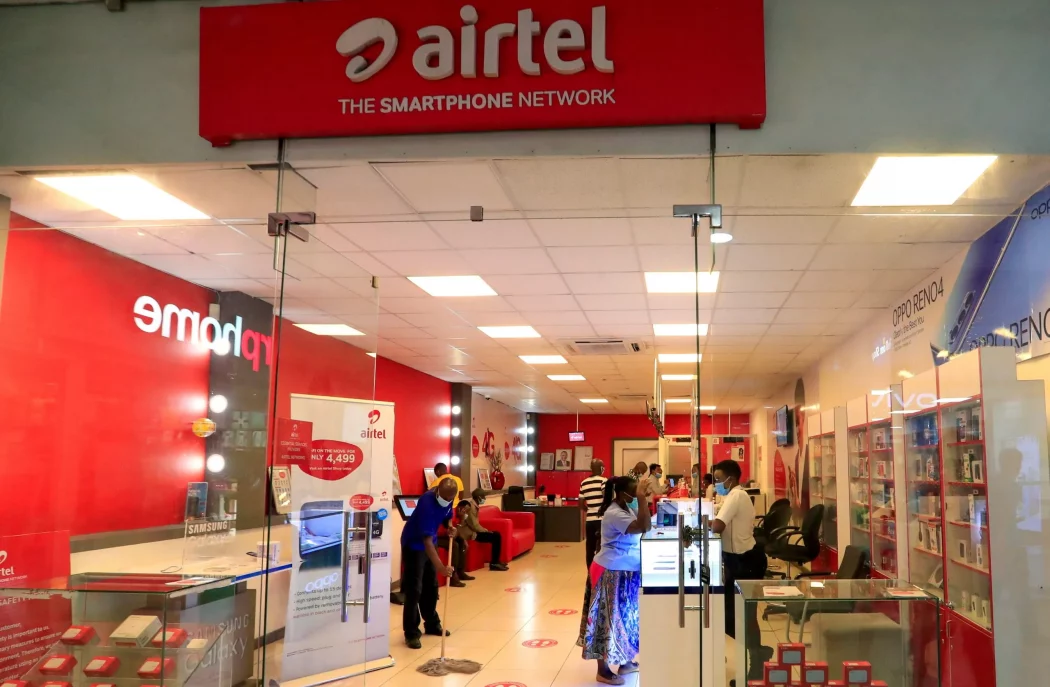Airtel Africa, Nigeria’s second largest telecoms company has reported significant financial setbacks due to currency devaluations in several of its key markets, notably Nigeria, Zambia, Kenya and Malawi, resulting in a staggering $1.7 billion in derivative and foreign exchange losses for the fiscal year ending March 31, 2024.
These headwinds also contributed to an $89 million loss after tax, a 111.9% dip from a $750 million profit recorded at the end of last year.
Despite profitability challenges, the telecom giant grew its entire customer base by 9% to reach 152.7 million. This positive performance comes despite challenging macroeconomic conditions that impacted profitability for most of the financial year.
Airtel Africa acknowledged the negative impact of currency fluctuations on business growth across the continent. Last quarter, the telco’s profits plunged by almost 99%—recording $2 million in profits compared with the $523 million it made in 2022—due to currency devaluation.
The company is actively reducing its US dollar debt burden and accumulating cash reserves at the holding company level to cover outstanding obligations.
The Nigerian Naira devalued drastically from 461 to 1,303 per US dollar during the year, deeply affecting Airtel’s financial outcomes. The devaluation led to a loss of $1,042 million in reported revenue and a $554 million decrease in EBITDA for the company.
“We will continue to focus on reducing our exposure to currency volatility. At the beginning of March, we launched our first buyback programme reflecting the strength of our financial position,” said Olusegun Ogunsanya, Airtel’s CEO, who is expected to retire next month.
“The growth opportunity that exists across our markets remains compelling, and we are well positioned to deliver against this opportunity. We will continue to focus on margin improvement from the recent level as we progress through the year.”
The telco’s financial statement also reported that its group mobile services revenue grew by 19.4%, driven by voice revenue growth of 11.9% and data revenue growth of 29.2%. Mobile money revenue grew by 32.8% in constant currency, with a continued strong performance in East Africa of 36.0% and Francophone Africa of 22.3%.
Similarly, the telco experienced data and mobile money growth as the penetration of these services continued to rise, driving an increase in data customers to 64.4 million and a 20.7% increase in mobile money customers to 38 million.
